Group members
Research Manager
Dr. He Li (2023 - )
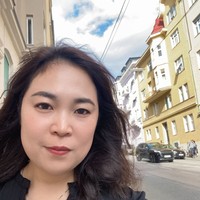
Ph.D. in Biotechnnology (2017), Aalto University (Finland)
M.Eng. in Chemical Engineering (2009), Gyeongsang National University, South Korea.
B.Eng. in Chemical Engineering (2007), University of Science and Technology Liaoning, China
I presently serve as a Food Science and Technology researcher, actively involved in various aspects of our research endeavors. My responsibilities include aiding in the setup of the Laboratory for Food Chemistry and Foodomics, and actively contributing to the organization efforts of KTH FOOD. My research is primarily centered on the biotechnology of carbohydrates derived from biomass, and I play a crucial role in mentoring and supporting students.
Postdoctoral researchers and scholars
Dr. Niklas Wahlström (2020 - )

M.Sc. in Chemistry (2016), Uppsala University (Sweden)
Ph.D. in Fibre and Polymer Technology (2020), KTH (Sweden)
During my PhD i developed a method for production of cellulose nanofibrils from cellulose extracted from green algae. I also developed a method for producing hydrogels based on polysaccharides from green seaweed. The hydrogels were tested as an adsorbent for heavy metals and dyes. Now, in my current project I am developing new bio-based materials that are based on polysaccharides and proteins extracted from wheat bran. The project is funded by Lantmännen.
Dr. Pramod Sivan (2021 - )
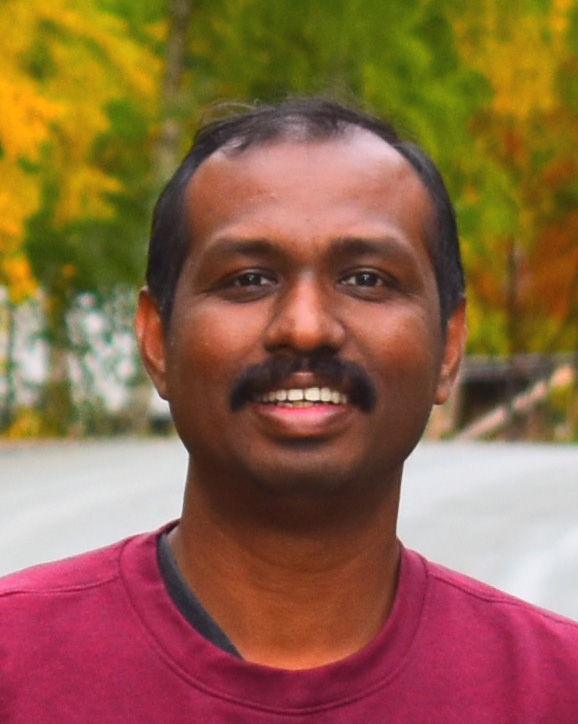
Ph. D. in Botany (2012) Sardar Patel University, India
Post-doctoral fellow (2013-16), The M.S. University of Baroda, India
SERB-Young Scientist (2016-2019), Rubber Research Institute of India, India
Researcher (2020-2021), Umea Plant Science Centre, Swedish University of Agricultural Sciences, Sweden
Structure and chemistry of plant cell wall is the area of my research. My Ph D research was on structural and biochemical aspects of cell wall development during xylogenesis. During the post-doctoral research, the interaction of cell wall polymers in the wood cell wall was studied using two approaches. The first project aimed to study the modification of structure and chemistry of cell wall during both selective delignification and simultaneous degradation modes of wood decay by white rot fungi. The second approach based on genetic regulation of (a) matrix polyphenol lignin by regulating genes involved in lignin biosynthetic pathway and (b) matrix polysaccharide xylan by regulating endogenous genes and using transgenes encoding xylan modifying fungal enzymes. These research projects on qualitative and quantitative analysis of cell wall polymers in genetically modified model plants have provided some insights into probable interaction between matrix polymers and this knowledge is the foundation for my future goal to understand the complex macromolecular organization of polymers. The present research at Glycoscience division of KTH is focused to develop advanced mass spectrometric methods for the detailed molecular characterization of structural polysaccharides (hemicelluloses) in model plant cell walls in order to understand the molecular basis for the interactions and recalcitrance of lignocellulosic biomass.
The projet is funded by the Swedish Research Council (Vetenskapsrådet).
Dr. Diego Rebaque Morán (2022 - )
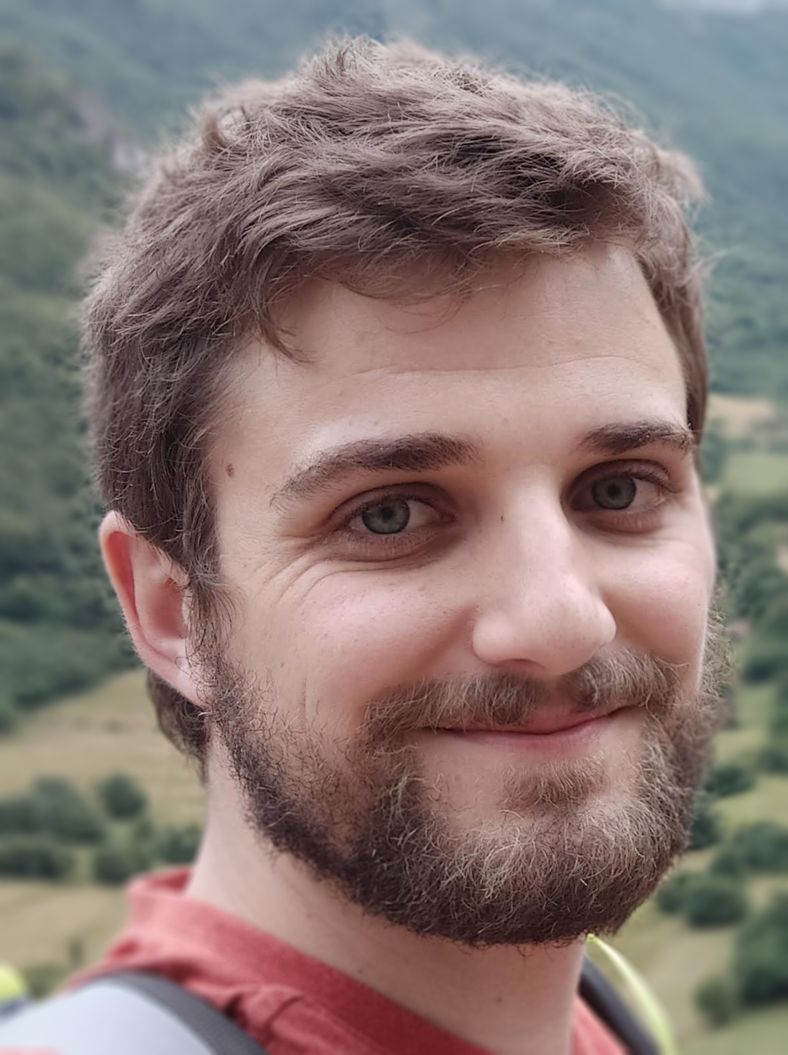
M.Sc. in Biology, University of León (Spain)
Ph.D in Biotechnology and Plant Biology (2021), Universidad Politécnica de Madrid (Spain)
Lignocellulose consist of a dense and hydrated network of cellulose microfibrils embedded in a matrix of hemicelluloses, pectins, lignin and minor inorganic compounds (e.g. silicon, calcium) with well-defined ordering from the nano- to the macroscale. Silicon (Si) is an abundant inorganic compound found in significant quantities (over 4%) in specific tissues (e.g. husks) of important agricultural crops such as wheat, barley, rye, rice and maize. Si confers strength to the cell walls and improves the resistance of plants to biotic and abiotic stresses. However, the specific interaction of Si with plant cell wall components and the mechanism of Si cell wall crosslinking remains unknown. In this project, we aim to elucidate the role of Si on the supramolecular assembly of cereal cell walls integrating advanced biochemical and solid-state biophysical methods with plant biology tools. This has fundamental implications, not only for the biological role of Si in plants, but for the development of efficient fractionation methods of biomass from agricultural side streams (e.g. husks rich in Si) and the development of advanced bio-based materials.
Project funded through a personal fellowship to Diego through the Margaria Salas program, funded by the Spanish Ministry for Science and Innovation.
Dr. Marjorie Ladd Parada (2022 - )

Ph.D. in Food Science (2018), University of Leeds (UK)
MSc Food Science in Food Biotechnology (2014), University of Leeds (UK)
Originally a Food Technologist working in Industry, I sought to broaden my horizons and pursued first an MSc in Food Science, and then a PhD also in Food Science, both at the University of Leeds UK. My PhD focused on the crystallisation of cocoa butter primarily using X-ray scattering, NMR relaxometry, and DSC. My interest in X-rays led to a first postdoc/research position at Stockholms Universitet working on supercooled water and amorphous ices using X-ray scattering and XPCS techniques.
In my new position here at KTH I am applying my X-ray knowledge to understand the multiscale architecture of cereal cell walls, particularly wheat bran. My project aims to understand the interconnectivity between cell wall components from the molecular to the nanoscale, which hinder efficient fractionation of wheat bran in a biorefinery context.
This project is funded by the Lantmännen Research Foundation and by Vinnova in the program Development projects for increased industrial utilization of neutron and synchrotron light-based technologies,
Doctoral students
Emilia Heinonen (2019 - )
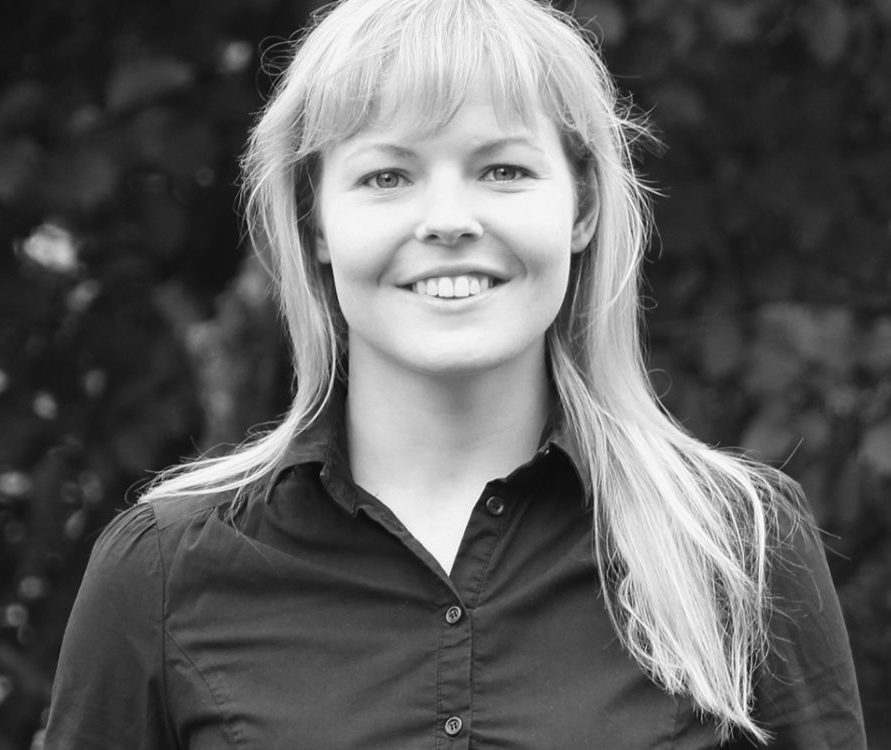
M.Sc. in Wood materials Science (2018), University of Eastern Finland
B.Sc. in Materials Engineering (2016), Lahti University of applied sciences (Finland)
I am a PhD student in the Wallenberg Wood Science Center and in the division of Glycoscience. Wood is my great passion: from walking in the forests and following the ever-changing nature, through all my university level studies and up to the work I’m currently doing on one its building blocks, hemicelluloses.
The main goal of my PhD project is to understand how the structural complexity of hemicelluloses is linked to their properties and to the recalcitrance of wood. First I isolate and characterize xylan and mannan fractions from birch, spruce and eucalyptus utilizing advanced chromatographic and spectroscopic techniques. Parallel to the studies on extracted hemicelluloses, I will utilize molecular modelling to understand, on the atomic level, the effect of the substitutions on the polymer conformation and further on the preferred interaction of varying hemicellulose structures with cellulose surfaces. The target is to correlate the fundamental molecular level understanding from the simulations with the experimentally observed properties of pure hemicelluloses to accurately describe the structure and function of hemicelluloses.
Carl Rämgård (2022 - )

M.Sc. Industrial and Environmental Biotechnology (2020), KTH
The focus of the PhD project is the enzymatic modification of cell wall polymers from wheat and corn bran, towards the creation of stable hydrogels. These hydrogels will be investigated for their prebiotic effect on human gastrointestinal bacteria.
Project funded by the Swedish Research Council Formas "Glycoengineering of Dietary Fibre Gels via Oxidative Enzymes as Symbiotic Carriers of Probiotics"
Zsuzsanna Péter-Szábo (2022 - )
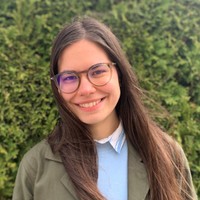
B.Sc. Chemical Engineering program, Material Science specialization (2017), Budapest University of Technology and Economics
M.Sc. Macromolecular Materials (2019), KTH
Our current climate emergency demands the transition to a biobased and circular economy, where multiple products can be derived from renewable resources. My PhD project is part of the BioUPGRADE project (EU Horizon 2020 FET-Open program), whose vision is to integrate functional genomics and material science to transform nature’s structural polymers into a cascade of bioproducts. In the thesis I am applying enzymes for the modification of natural polymers, with a focus on hemicelluloses, towards applications in hydrogels for health and personal care.
James Carlsson (2022 -)

M.Sc. Macromolecular Materials (2022), KTH
Our shift to a more sustainable and healthy food system requires increasing the content of plant-based foods rich in dietary fibres and phenolics. This project is developing a new generation of functional food ingredients combining cell wall polysaccharides and polyphenols from agricultural side streams as emulsifiers and texturizing agents. This project contributes to a sustainable and healthy food system, increasing the availability of dietary fibres and polyphenols in our diets and mitigating food losses exploiting abundant by-products from agricultural production.
Project funded by the Novo Nordisk Foundation, EDIBLE – Better bound than free
Nataliia Rymyk (2023 -)
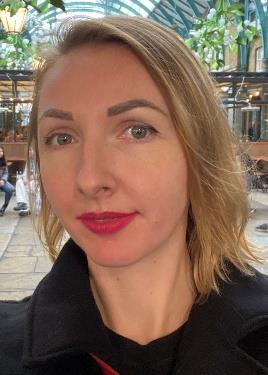
M. Sc. in Chemistry of Wood (2013), M. Sc. in Management (2013), Ukrainian National Forestry University
Wood is a formidable composite material with unique biological functions and outstanding properties. Hemicelluloses are key components in wood interlocking cellulose microfibrils and lignin. This research program will exploit the biological function of hemicelluloses for enzymatic surface modification of wood fibres. My project will investigate the mechanisms of enzymatic action towards hemicelluloses adsorbed onto cellulose surfaces, and how the introduced functional groups influence the stability and rheological properties of the wood fibres.
This project is part of the Wallenberg Wood Science Centre (WWSC), funded by the Knut and Alice Wallenberg Foundation.
Former members
- Prof. Antonio (Toño) Encina García (2023). Visiting Professor from the University of León (Spain).
- Prof. Christine C. Hernández (2023). Visiting Professor from the University of the Philipinnes Diliman.
- Dr. Hüsamettin Deniz Özeren (2021-2022). Postdoctoral researcher. Currently Scientist at Procter & Gamble.
- Dr. Reskandi Chastelia Rudjito (2017-2022). PhD student. Currently Scientist at Johnson & Johnson
- Dr. Amparo Jiménez-Quero (2017-2022). Postdoctoral researcher. Currently researcher and group leader at KTH Division of Glycoscience.
- Dr. Secil Yilmaz Turan (2017-2021). PhD student. Currently Researcher at RISE Research Institutes of Sweden
- Dr. Andrés J. Rascón López (2020). Postdoctoral researcher. Currently researcher at Universidad de Jaén
- Dr. Mamen Casado (2019-2020). Postdoctoral researcher.
- Dr. Balazs Imre (2017-2020). Researcher. Currently Researcher at Taipei Medical University
- Dr. Stefan Gaunitz (2018-2020). Postdoctoral researcer. Currently Scientist at Karolinska University Hospotal
- Dr. Carolin Menzel (2016-2020). Postdoctoral researcher. Currently Scientist at Fresenius Kabi
- Dr. Xiaoqi Xu (2018-2019). Guest postdoctoral researcher. Currently Assistant Professor at the Department of Food Science and Technology, Nanjing Tech University.
- Dr. Antonio Martínez-Abad (2014-2017). Postdoctoral researcher. Currently researcher at the Spanish National Research Council, IATA-CSIC (Valencia, Spain)
- Dr. Andrea Caroline Ruthes (2014-2017). Postdoctoral researcher. Currently Research Associate at the University of Florida (USA).
- Esther Rincón (2019). Guest Ph.D. student from the University of Córdoba (Spain).
- Fen Qin (2018). Guest postdoctoral researcher from Danish Technical University (DTU).
- Ruiqi Jing (2018). Project student. KTH Chemistry, Biotechnology and Health.
- Alexander Björling (2018). Bachelor Thesis. KTH Chemistry, Biotechnology and Health.
- Raquel Requena (2017). Guest Ph.D. student from Universidad Politécnica de Valencia (Spain)
- Ellinor Johnsson (2017). Master Thesis, KTH Biotechnology.
- Hajar Jamshidian (2015-2016). Guest Ph.D. student from Tarbiat Modares University (Iran)
- Sara Palo (2015). Master Thesis, KTH Biotechnology.
- Natalia Sánchez (2014). Erasmus+ student from the University of Barcelona (Spain)
- Jun Liu (2013-2014). Guest Ph.D. student from Åbo Akademi University (Finland)
- Indu Babu (2013). Master Thesis as exchange student from Tampere University of Technology.